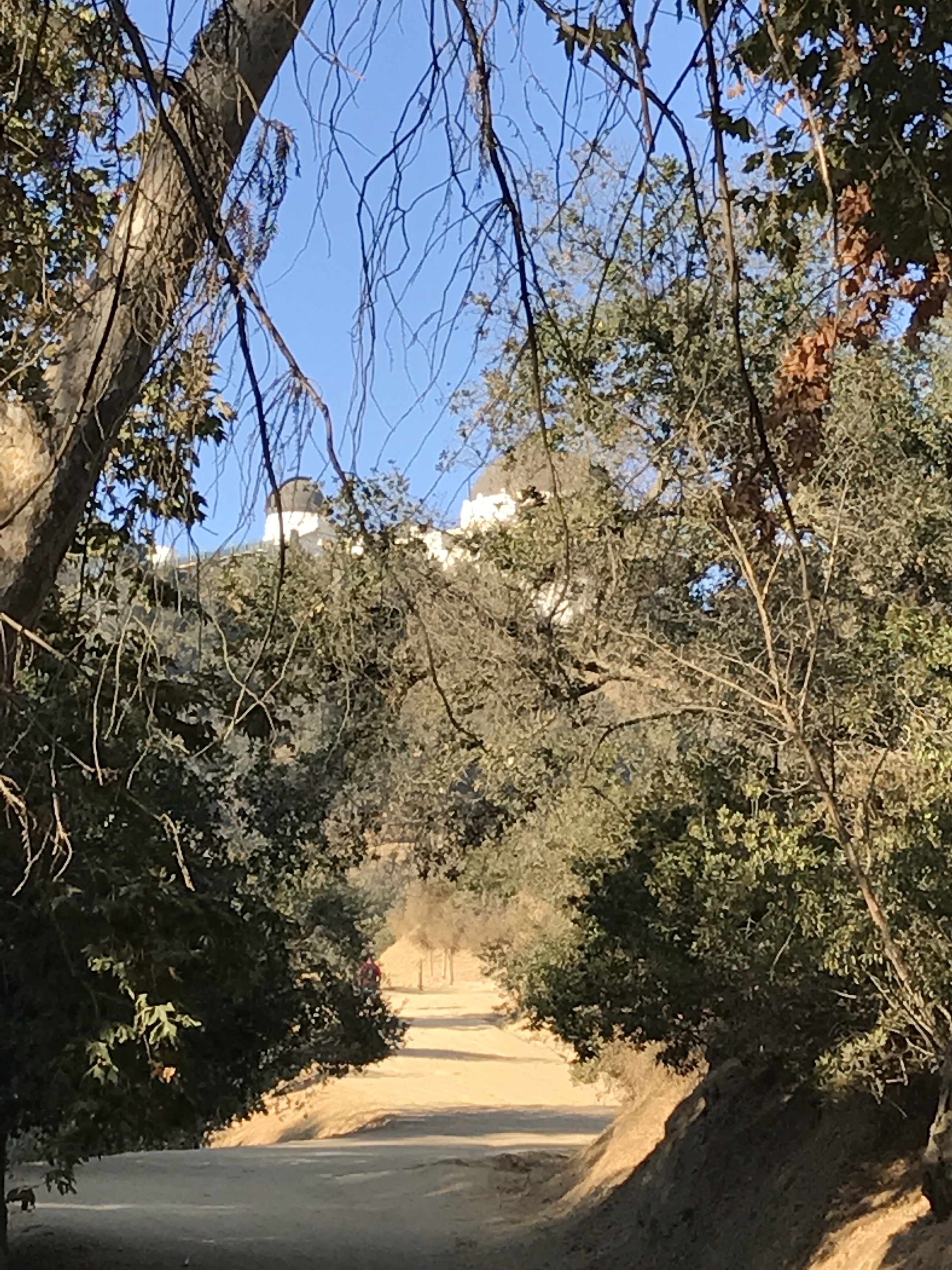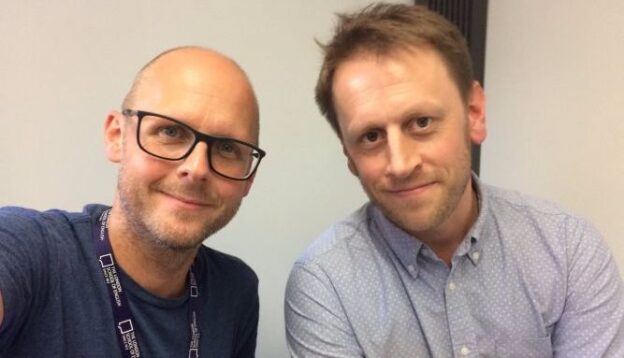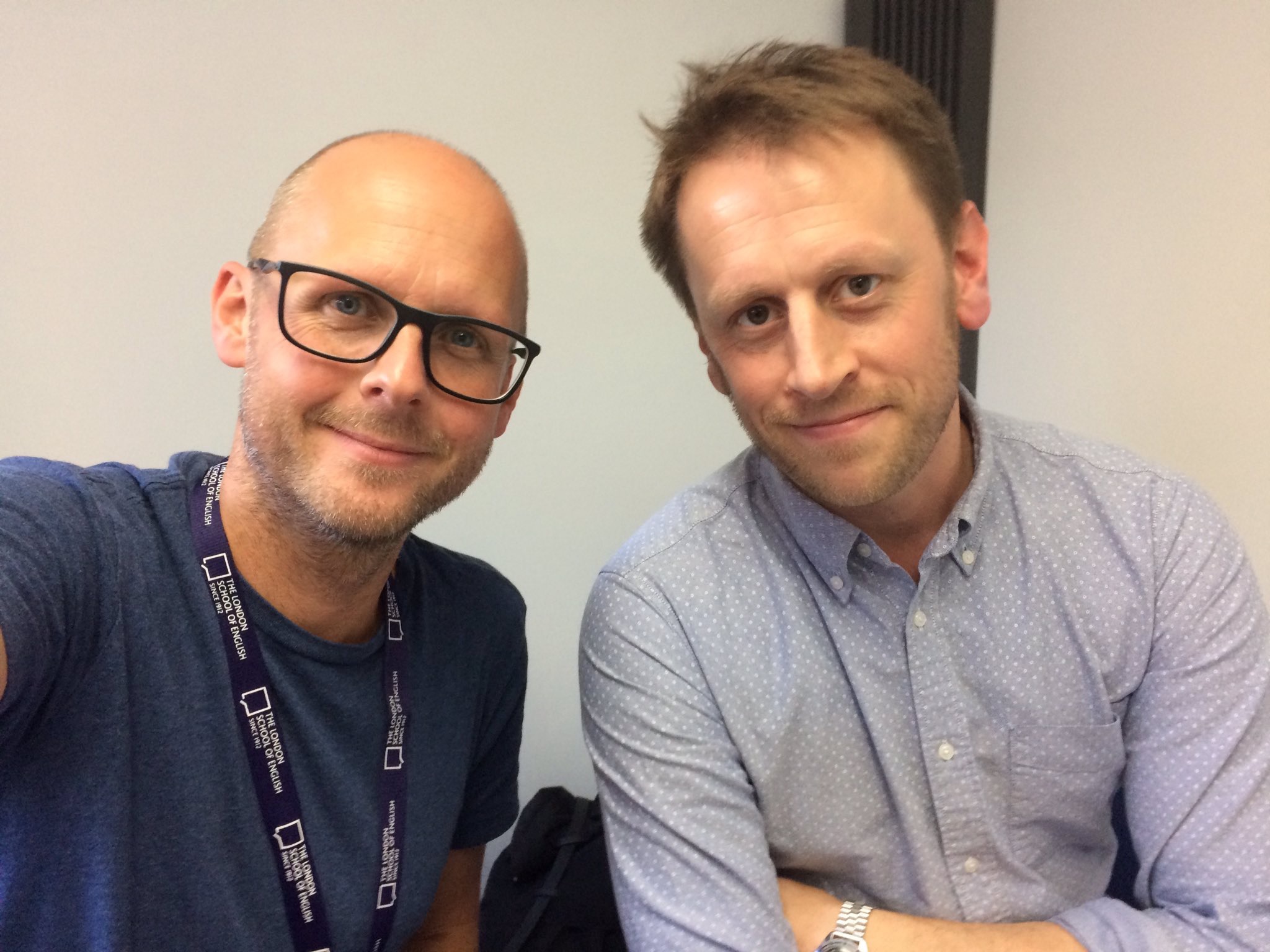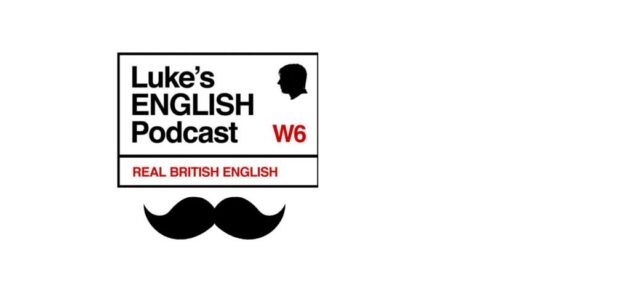A conversation about travelling and learning languages with Ethan from RealLife English. Ethan is very well-travelled, having lived in at least 6 different countries. He’s also learned a few different languages to a good level as an adult. Let’s talk about his advice for adapting to new cultures and learning languages in adulthood. Vocabulary notes and language test available below.
![]()
[DOWNLOAD]
A Summary of what Ethan said
How to adapt to a new culture
- Arrive with an open mind and be ready to try anything
- Don’t just hang out with people from your country
- You have to make an effort to integrate into the country
- Things might be weird, but you’ll end up having some really memorable experiences
- Push yourself to live like a local, even if at first you feel like the lifestyle isn’t as good as it is in your country
- Get over yourself! Get out of your comfort zone
- Don’t go just to learn English, go somewhere for the whole experience – and if you do that you’ll probably learn English more effectively as a result
Ethan’s advice for learning English on your own
- Watch a popular TV show with subtitles – it’s important to choose a show that you like.
- Listen to music and taking the time to look up the lyrics.
- He just talked to people, even though he was really awkward and shy because he made lots of mistakes.
- Motivation is key – he fell in love with Catalan and this gave him the motivation to push through the difficult moments, the awkwardness etc. So build and nurture your motivation to learn a language. Realise how good it is for you to come out of your shell and remember that you can get over your barriers if you really want to.
- Find the right people to talk to, find people who are understanding and sympathetic to your situation (someone who’s learning a language too).
- Do a language exchange because the other person will be much more likely to tolerate your errors, and will be willing to help you out because you’re going to do the same for them. (you can use italki to find language partners in many countries – http://www.teacherluke.co.uk/talk )
- Be voraciously curious – cultivate the desire to do more. If you’re listening to music, check the lyrics and look them up. While watching TV use a notepad or an app like Evernote on your phone to note down vocab and then look it up later.
- Practice by speaking to other non-native speakers of the language you’re learning. Other learners of the language are likely to be more sympathetic, they’ll probably have more in common with you, they might have some good advice, you’re going through a similar experience. Having peers with whom you can share your experience is really important.
Some language from the first part of the conversation (Quiz below)
Listen to this episode to get some definitions and descriptions of this language.
- Refurbished buildings (made to look new again)
- You can see some random smokestacks and things sticking up (tall chimneys)
- Three blocks from the beach. (distance between his place and the beach)
- I tend to go running there (I usually go running there. Not –
I am used to going running there) - The weather hasn’t really been beach-appropriate (appropriate for a beach!)
- We’re just rolling into fall here (entering) (fall = autumn)
- I enjoy running by the beach, especially because the whole area around the beach is very iconic from when they had the Olympics here (impressive because it’s a famous symbol of something)
- A modernist humongous whale structure (massive)
- Every time I look at it I’m just astounded, it’s beautiful. (amazed)
- Language for describing Ethan’s background (background – narrative tenses, past simple, past continuous, maybe some past perfect)
- I moved back here (already) two months ago.
- I was living here two times before, once for a year and a half and once for 3 months. (normally I’d use ‘I lived’ but perhaps he was thinking of it as a temporary thing in both cases)
- Ways he talks about his current situation – present perfect to describe past events with a connection to now.
- I’ve come back to stay, probably indefinitely, hopefully for a couple of years. (this is the only example actually)
- Describing your background and your current situation
Describing your background
You need to use narrative tenses to describe your background story, and you need to learn how to do this in English and to be able to repeat it with some confidence. It might be worth thinking of how you can make your background story quite interesting or entertaining, or at least say how you felt about it. It just helps in social situations.
Remember:
Past simple – the main events of the story – the main sequence
Past continuous – the situation at the time, or longer events which are interrupted by shorter actions
Past perfect – background events to the main events of the story
E.g. I went to university in Liverpool and studied Media & Cultural Studies. It was a really interesting degree, but it wasn’t very useful. I stayed in Liverpool for a while and played music in a band but we didn’t make it and I left and moved back in with my parents which was a bit of a nightmare. I didn’t really know what to do with myself for a while, but I decided I wanted to travel and go somewhere quite different, and I‘d always been curious about teaching, so I trained to be an English teacher and I got my first job in Japan. I stayed there for a couple of years, had a great time but decided that I wanted to come back because of family reasons. I taught English in London for 8 years, did my DELTA, got a job in a good school in London and then I met a French girl and I moved to France so we could be together. I’m very romantic. (actually that was almost exclusively past simple, wasn’t it?)Describing your current situation
Then you also need to talk about your current situation. We do this with present simple (permanent situations) and present continuous (temporary situations) and present perfect to talk about past actions with a connection to now.
E.g. I live in Paris these days. I’ve been here for about 5 years. I’ve worked for a few different schools, teaching English. These days I teach at The British Council. I’ve been there for about 3 years now. I’m also developing some online courses which I hope to release on my website before too long! - I’m from Colorado in the USA. Luke: Oh cool. (I said cool – because you should say cool when someone tells you where they’re from, or at least you should show some interest or curiosity, and be positive about it.)
- It’s below Canada and above Mexico, between the Atlantic and Pacific oceans. (my non-specific description of where Colorado is – basically, it’s somewhere in the USA, haha etc)
- It’s (to the) north east of Arizona, (to the) east of Utah, above New Mexico.
- What’s the difference between ‘east of London’, ‘to the east of London’ and ‘in the east of London‘?
- The four corners – it’s just a couple of hours away from the town I grew up in. (how would you put that in your language? “It takes two hours to get there”, “It’s a couple of hours from here”
- It’s a tourist trap now. You go and put your hand in the middle and you’re in four states at once. (a place that attracts tourists and is probably best avoided)
- I was born in my house. Durango, Colorado. That’s the town I lived in.
- When I was 17 I moved to Germany for 6 months.
- It’s interesting to see that, when you’ve lived in a place for 20 years, how it evolves. (how it changes gradually over time)
- Colorado is wonderful, it’s spectacular. (magnificent, amazing, breathtaking)
- We’re so active, we’re always outdoors. There are spectacular hikes you can do.
- There are 4,000 or 5,000 metre peaks. (summits, mountain tops)
- It’s very different to Europe because you get that kind of old-west feeling. (from the period of western expansion) (wild west – cowboys and lawlessness)
- My only criticism is that I lived there for 20 years, which is more than enough. (nice way to start a sentence with something negative in it)…. (more than enough = too much)
- I’ve never seen a grizzly, and they are dangerous. (grizzly bear)
- Mountain Lions – if you were by yourself and you encountered one, it might not be a great end for you. You might get eaten alive by a huge cat. (You don’t meet a wild animal, you encounter one.)
- We have deer and elk and in the north we also have moose, and a lot of, we’d say, critters, like small animals. (deer = animals that look like they have trees growing out of their heads – you know what I mean. Like Santa Claus’ reindeer. Elk = big deer. Moose = really big elk. Critters – little animals like rabbits, squirrels, chipmunks, rats, raccoons, skunks)
- In the US you drive from city to city and you see endless expanses of mountains and plains. (wide open spaces)
- That’s a fun question so I’d have to think. (a nice way to buy time for yourself when someone asks you a question, like saying “that’s a good question, let me think”)
- When I was in high school I did a 6 month exchange in Germany and during that time I also got to live in Poland for 2 weeks. (difference between for and during?)
- I lived in Spain in Majorca for a year during college, which is when I fell in love with this place.
Some time expressions to help you tell a story: - After that, after school, I moved to Brazil.
- I joined RealLife English because they had started a few months before I moved there.
- That’s when I moved to Barcelona. Then I moved to Chile for 6 months. Now finally I‘ve moved back here.
- After that you can imagine I’m a bit tired of jumping around so much and living out of a back pack. Now I’m here to stay for a while.
Were you listening carefully? Test yourself.
[os-widget path=”/lukethompson2/language-test-for-ethan-s-episode” of=”lukethompson2″ comments=”false”]
Did I mention this? I was recently interviewed on the RealLife English Podcast – you can listen to it here…
We talked about using comedy TV shows and humour in learning English. Check it out below.
#161: How to Be Funny in English (Special Guest: Luke’s English Podcast)
RealLife English – Links
RealLife English Global Website




















